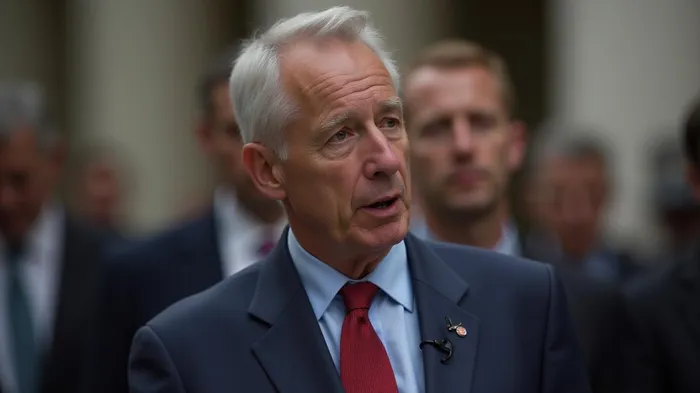NPR, PBS Challenge Trump's Funding Cuts, Citing Devastating Impact
National Public Radio (NPR) and the Public Broadcasting Service (PBS) have announced their intention to challenge the Trump administration's decision to cut federal funding for these public media organizations. The move comes in response to an executive order signed by President Trump, which aims to terminate public funding for NPR and PBS.
Katherine Maher, the CEO of NPR, stated during a Sunday program that the organization is exploring all viable options to counter the executive order. "We are looking at all possible choices," Maher said. "I think it's too early to say exactly what strategy we will adopt."
Paula Kerger, the CEO of PBS, expressed a firm stance against the administration's decision, stating, "We have never faced a situation like this, and we will definitely fight back strongly." The move by the Trump administration has sparked significant backlash, with at least 135 lawsuits filed by May 2, seeking to temporarily halt the funding cuts.
Both executives highlighted the immediate impact that the funding cuts would have on local news stations, rural audiences, and the development of children's programming. Maher emphasized that the reduction in federal funding would severely affect the operations of these public media outlets, potentially leading to a decline in the quality and availability of public broadcasting services. "The potential funding cuts would be devastating for local radio stations and their audiences, especially in rural communities where access to local news is already limited," Maher said.
NPR, with 246 member stations across the country, has news bureaus in every state. Maher noted that the loss of federal funding would be particularly detrimental to reporters covering local communities, especially at a time when news deserts are expanding nationwide. "20% of Americans do not have access to other local news sources. This move could have a truly destructive impact, especially in rural communities," she added.
Kerger pointed out that PBS receives 15% of its total funding from the federal government, but some smaller community stations rely on federal funds for 40% to 50% of their budgets. "For them, this is a matter of life and death. If this funding is cut, they will be in serious danger," she said. Kerger also noted that the executive order could affect funding from the Department of Education, which has a long-standing partnership with PBS, supporting the development and production of educationalEDUC-- children's programs like "Sesame Street" and "Mister Rogers' Neighborhood."
Kerger emphasized the importance of these programs, stating that half of the nation's children do not participate in formal pre-school education. "This is why we produce children's programs on public television," she said. She also noted that the development of new programs would come to an abrupt halt without the necessary funding. "We work directly with pre-school education institutions and parents, and this funding supports these activities. The direct impact will be quite significant," she added.
The challenge to the executive order is expected to be a lengthy legal battle, with both NPR and PBS determined to protect their funding and continue providing essential public services. The outcome of this legal challenge will have significant implications for the future of public broadcasting in the United States, as these organizations play a crucial role in providing access to information and educational content for communities across the country. 
Stay ahead with real-time Wall Street scoops.
Latest Articles
Stay ahead of the market.
Get curated U.S. market news, insights and key dates delivered to your inbox.



Comments
No comments yet